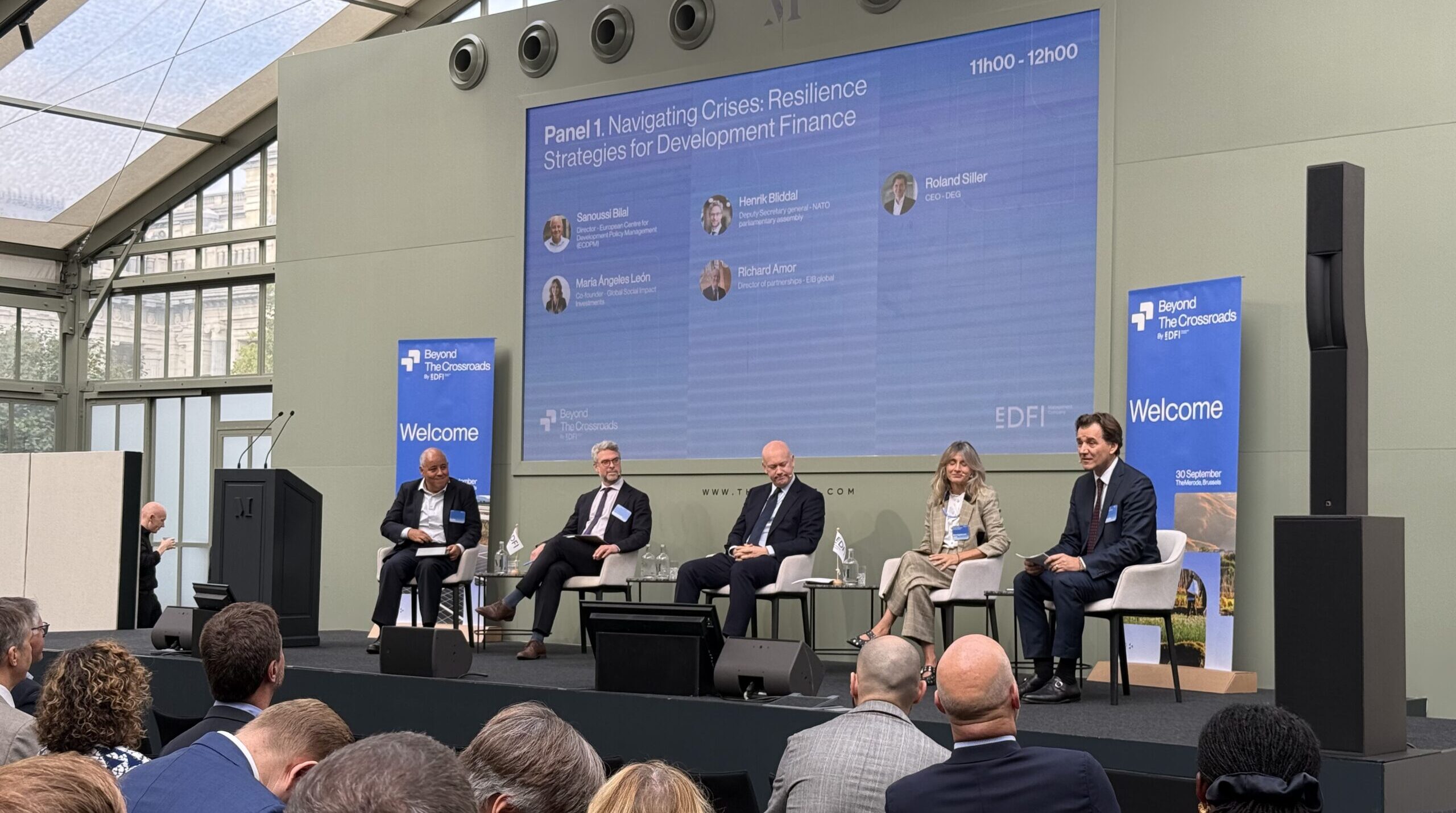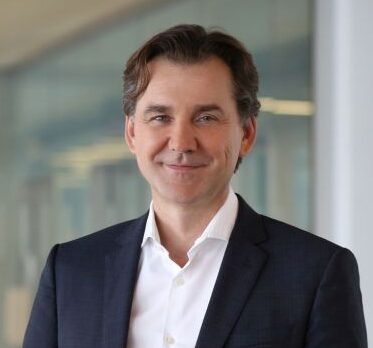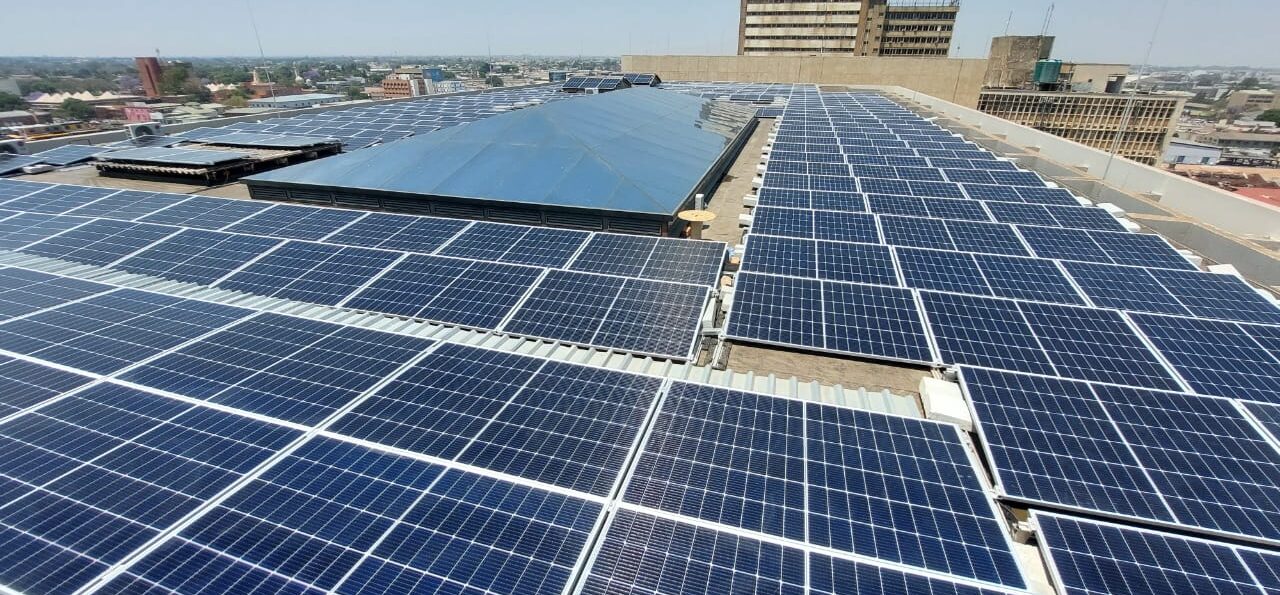Navigating Resilience: Reflections on Panel 1

by Rodrigo Madrazo, CEO of EDFI Management Company
Europe’s development finance community convenes at a historic inflection point, as vividly illustrated during the first panel session of the EDFI MC Corporate Day “Navigating Crises: Resilience Strategies for Development Finance”. We brought together voices from research, multilateral banking, security, and impact investment, foregrounding what it means for European institutions, and EDFI Management Company itself, to operate in a world marked by geopolitical and economic fragmentation, climate shocks, and eroding certainties in the international order.
Setting the Strategic Context
As CEO of EDFI Management Company, I feel compelled to underscore the dramatic escalation of both risk and opportunity since last year’s event. The ongoing splintering of the world order, as emphatically described in Koen Doens’s keynote, compels us to move “beyond the crossroads”, not simply in theme but in our operational mindset. The urgency is compounded by mounting pressure on development finance, with traditional models tested by the resurgence of hard power, rising protectionism, and the prioritization of national defence budgets.
DFIs are thus challenged to redefine resilience, not only as robust financial institutions, but as collaborative engines capable of forging and sustaining multi-layered partnerships amid global uncertainty. As Roland Siller, CEO of DEG, in his role of moderator of this session stated again in the panel: “We are not at the crossroads. We are already beyond the crossroads. So we meet at a time where the world is reshaped by various crises, geopolitical tensions, economic fragmentations, climate shocks, inequality”.
“In this splintering world order, the path forward for Europe is to find its place by strategically building on alliances by topic and embracing the diversification of relations with partners worldwide.” Roland Siller, CEO of DEG

Alliances and Flexilateralism
A persistent theme during the discussion is the necessity for alliances that transcend traditional dichotomies. Panellists advocated for a realistic embrace of “flexilateralism,” as San Bilal calls it, constructing coalitions around shared interests such as digital security or renewable energy, without demanding rigid exclusivity (“either with me or against me”). Partnerships, then, should not be monolithic but agile, capable of navigating fragmented capital flows and accommodating the evolving interests of both Europe and the Global South.
“Europe shouldn’t demand, ‘you are either with me or you’re against me.’ We must be realistic and embrace flexilateralism, building alliances around specific issues like digital security, even as partners maintain diversified relations.” San Bilal, Director – European Centre for Development Policy Management (ECDPM)

It is clear to me, as it is to many colleagues, that development finance can only be transformative when it moves beyond “standalone nice investments” to strategic coordination, leveraging mechanisms that connect DFIs, private financiers, impact investors, and public sector actors in bottom-up, not solely top-down, approaches.
Strategic Choices and Institutional Agility
Richard Amor (EIB Global) eloquently noted the pressing need for clear, early strategic choices, and warned of a risk: “If we don’t, we risk still messing around in five years, wasting crucial human capacity and lacking a clear purpose”. This sentiment resonates deeply. EDFI MC and its partners must sharpen their operational orientation, mobilizing capital at scale, defining EU interests with rigor, and deploying the full toolbox of equity, guarantees, debt and blended finance. The challenge, as highlighted in the keynote, lies in aligning the European Commission’s mandates with those of DFIs and public development banks, all while respecting the diversity of mandates and instruments.
“This is a time for strategic choices. We have to make those choices clear and early on what defines ‘EU interest’ and ‘strategic autonomy.’ If we don’t, we risk still ‘messing around’ in five years, wasting crucial human capacity and lacking a clear purpose.” Richard Amor, Director of partnerships – EIB global

Here, collaboration must not become an administrative hurdle but bring real added value. Agility is vital, not only for the institutions financing projects, but for the ecosystems of entrepreneurs, portfolio companies, and local stakeholders who shape transformative outcomes on the ground.
Security, Development, and Diplomacy: Synthesizing Tools
Henrik Bliddal (NATO Parliamentary Assembly) brought forth the interconnectedness of security and development, making a crucial point: in a more dangerous and fragile world, “we cannot use any tool unused. Defence, security investment, development, and diplomacy are all critically linked tools; we must use them all simultaneously”. For EDFI MC, this means adapting our strategies to ensure that development finance retains relevance and efficacy as a peacebuilding and stability instrument across neighbouring regions and key global partnerships.
“In a more dangerous and fragile world, we can’t afford a ‘guns versus butter’ debate. We are in a fight, and we cannot use any tool unused. Defence, security investment, development, and diplomacy are all critically linked tools; we must use them all simultaneously.” Henrik Bliddal, Deputy Secretary General of the NATO Parliamentary Assembly

Innovating for Sustainable Growth
Private sector representatives and impact investors, such as Maria Angeles Leon, reminded us of the importance of building middle classes and fostering financial innovation. Investment, according to one generous perspective, should be rooted in the African philosophy of Ubuntu “I am because you are” assuring mutual growth and partnership, not mere extraction. This philosophy should serve as both ethical anchor and strategic logic for our operations.
“We could use the maturity and creativity of the European financial market to invest, instead of donate, in the SMEs that will create the middle class in developing countries.” María Ángeles León, Co-founder – Global Social Impact Investments

Questions for the Future
If I may conclude with open questions and remarks for the development finance community:
- Will Europe, in five years’ time, be seen as a defender of a rules-based international order, standing apart from the polarizing interests of global giants?
- Can our institutions sharpen their strategic focus and accelerate execution, moving beyond bureaucratic inertia towards genuine agility?
- Is it possible to operationalize “bottom-up” true partnership, mobilizing the expertise and resources of private financiers alongside public mandates, and connecting to the realities of emerging markets and entrepreneurs?
- How may we nurture resilience, not as a passive buffer against shocks, but as a proactive capacity for innovation, inclusion, and sustainable, people-centred impact?
As CEO of EDFI MC, these challenges and aspirations are daily imperatives. I am convinced that our capacity for meaningful change is real, but only if we recognize that the crossroads are behind us, and that leadership now means choosing, early, clearly, and with principled intent – the strategic paths forward.
Let us navigate with purpose, innovate with humility, and partner with openness. The next chapter for European development finance, and all its allies, depends on our determination to move well beyond the crossroads.










